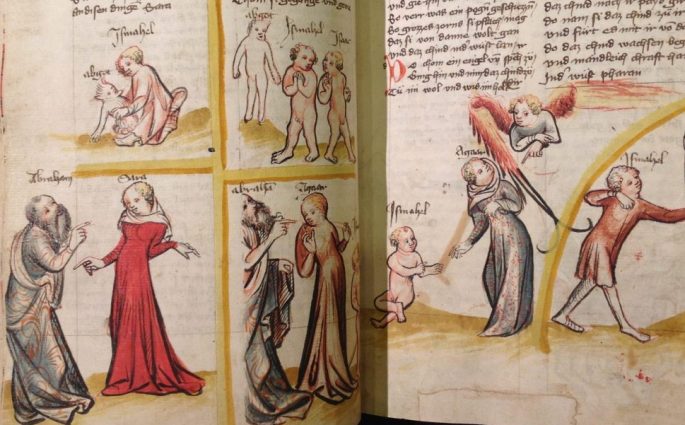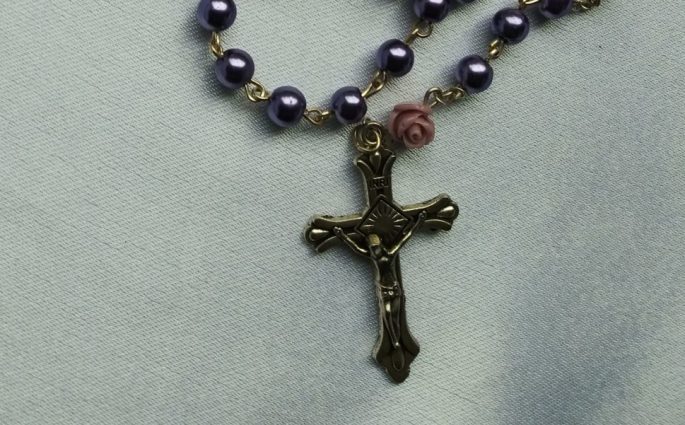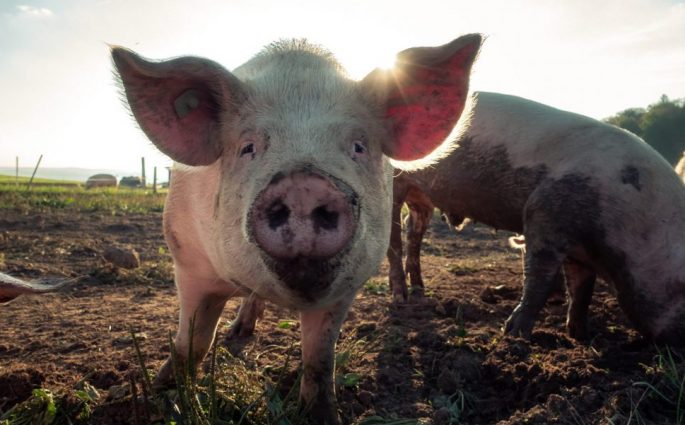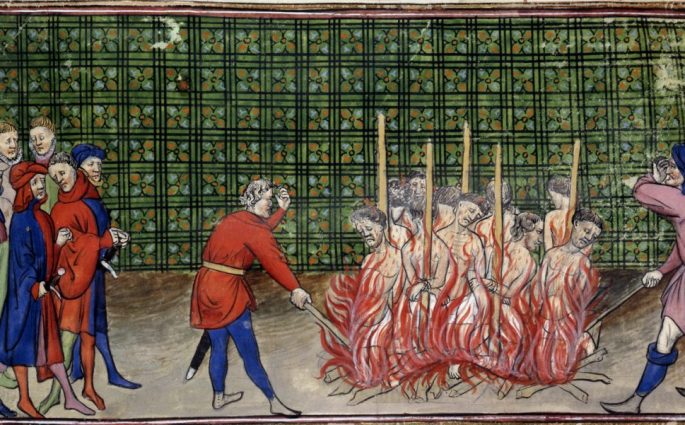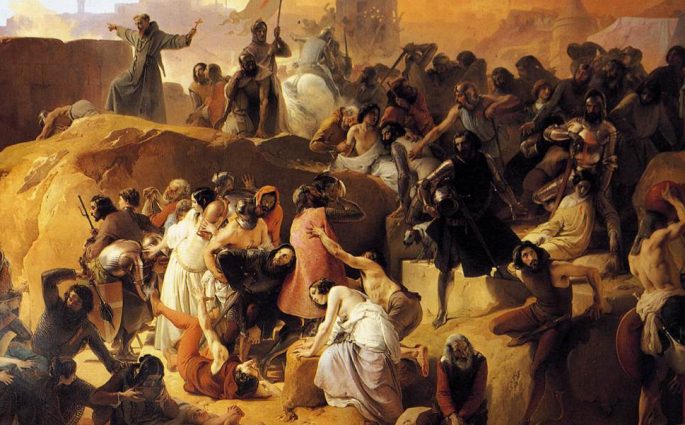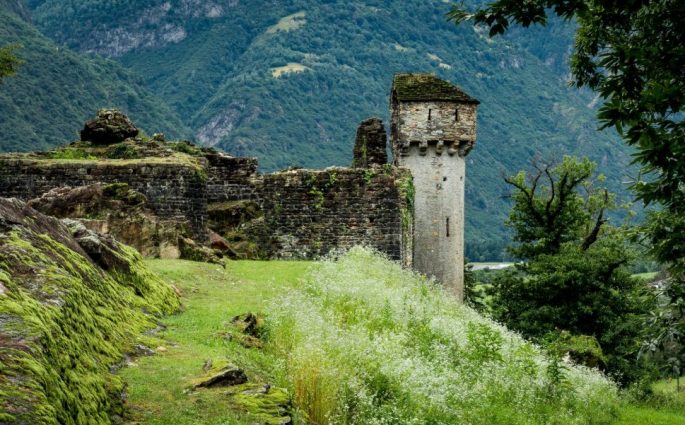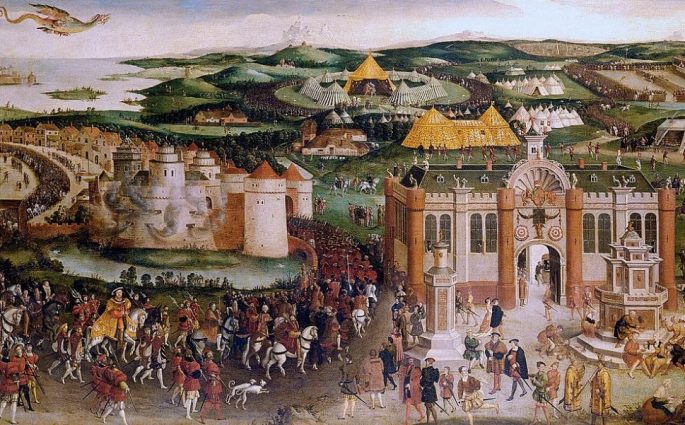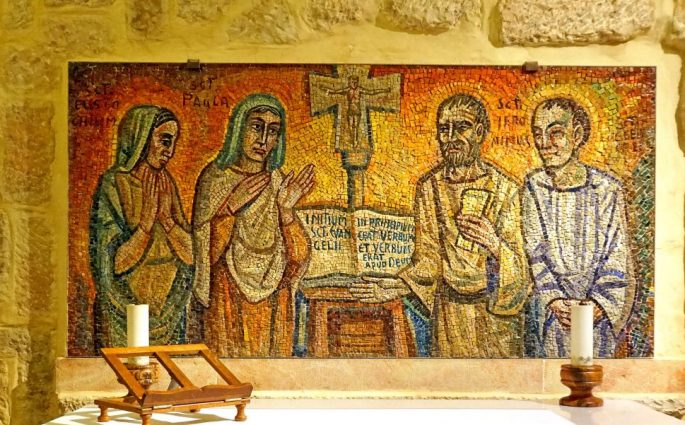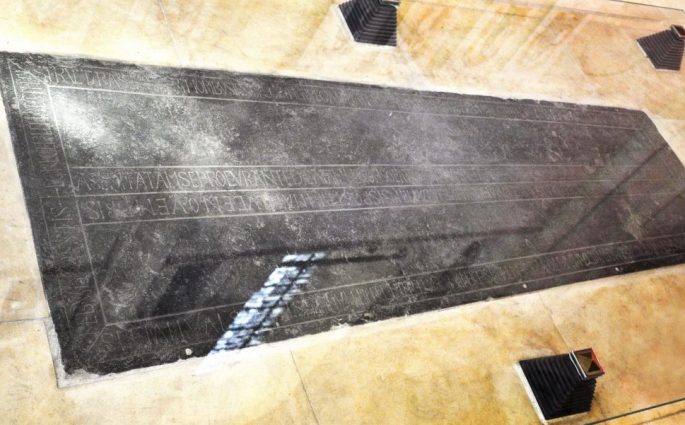Medieval Artists Painted Such Things? Images that Surprise and Delight in Illuminated World Chronicles
Nina Rowe— In the century between roughly 1330 and 1430, books known today as illuminated World Chronicles were in vogue among the upper ranks in the cities of Bavaria and Austria. Created before the era when print became widespread in Europe, these manuscript volumes were richly illustrated with hand-painted images,

